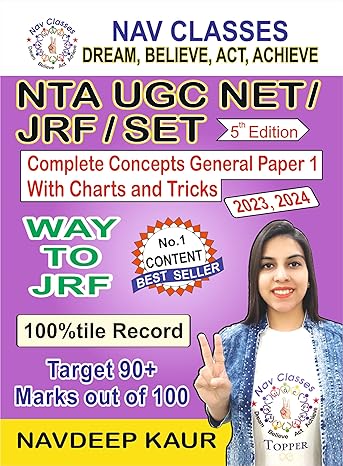1.For how many times, a person can become President of India?
[A] Once
[B] Twice
[C] Thrice
[D] No limit
SHOW ANSWER
©navclasses
2.In which year legislative council of Tamilnadu was abolished?
[A] 1983
[B] 1985
[C] 1986
[D] 1987
SHOW ANSWER
©navclasses
3.Which of the following articles under Part IV (Article 36-51) contain the directive principles of state policy that include scope of Gandhian principles?
[A] Article 40, 43, 44
[B] Article 40, 47, 48
[C] Article 47 only
[D] Article 50 only
SHOW ANSWER
©navclasses
4.How many times the word “Secular” appears in our constitution?
[A] 1
[B] 2
[C] 3
[D] 4
SHOW ANSWER
©navclasses
5.The provision for establishment of Supreme Court of Calcutta was made in which act?
[A] Regulating Act of 1773
[B] Indian Council Act, 1861
[C] Charter Act of 1813
[D] Pitt’s India Act, 1784
SHOW ANSWER
©navclasses
6.Which of the following is not a correct feature of the parliamentary system of government in India?
[A] Presence of nominal and real executive
[B] Majority party rule
[C] Individual responsibility of members of executive to the legislature
[D] Dissolution of the lower house
SHOW ANSWER
©navclasses
7.Which Schedule of Indian Constitution mentions about the division of power between the Union and the States?
[A] 6th Schedule
[B] 7th Schedule
[C] 8th Schedule
[D] 9th Schedule
SHOW ANSWER
©navclasses
8.In context with the writ jurisdiction of Supreme Court and High Courts, which of the following is a correct statement?
[A] Supreme Court’s writ jurisdiction is broader than the High Court.
[B] Supreme Court’s writ jurisdiction is narrower than the High Court.
[C] Both Supreme Court and High Court have equal powers in issuing writs.
[D] Supreme Court can issue writs on only Fundamental Rights, while High Courts can issue writs on only ordinary legal rights
SHOW ANSWER
©navclasses
9.Which article of the Indian Constitution includes the Doctrine of Due Process of Law is included?
[A] Article 16
[B] Article 26
[C] Article 21
[D] Article 11
SHOW ANSWER
©navclasses
10.Which of the following Articles promote the idea of equal justice and to provide free legal aid to the poor?
[A] Article 38
[B] Article 39
[C] Article 39 A
[D] Article 41
SHOW ANSWER
©navclasses






